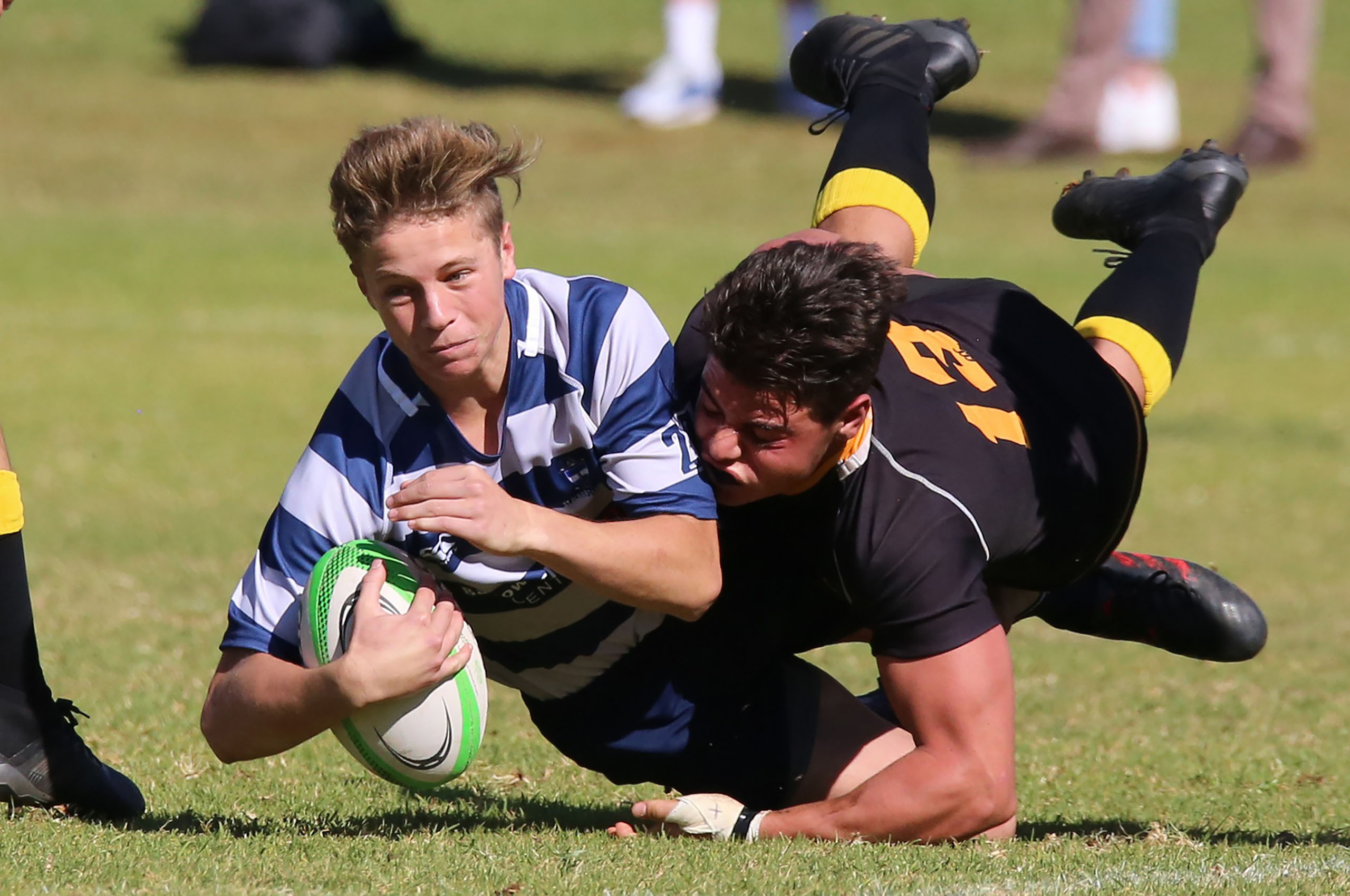Media release
From: La Trobe UniversityWorld Rugby’s tackle-height trial in the Championship has been criticised for its lack of ethical rigour in a report published in the British Journal of Sports Medicine.
The report, from researchers at Oxford Brookes University and four other UK and Australian Universities – including La Trobe University concussion researcher Associate Professor Alan Pearce – raises questions surrounding informed consent from players who took part in the trial on which the decision was made, alongside concerns that reducing the tackle height increases the risk of concussion.
In July 2018, World Rugby announced it would trial lowering the permissible tackle height, sparking considerable debate within rugby about the practicalities and possible impact of such a change to the law in the game. However, just five months later, rugby authorities had to stop the trial due to the increase in concussion risk.
“When we are doing research to make sport safer, we need to ensure that player safety is the main concern in the design of that research. While we need gather evidence to support rule changes, we shouldn’t do that at the expense of player safety and welfare,” Associate Professor Pearce said.
Dr Adam White, Lecturer in Sport & Coaching Sciences at Oxford Brookes University, led the new report published in the British Journal of Sports Medicine. Dr White said: “The effects of concussion in rugby have rightly been a major concern within sports medicine for a number of years now. A lot of scientific attention has been focused on both the short and long-term outcomes of concussions, along with strategies to reduce the risks of traumatic brain injury.
“Our team has looked at the research underpinning this change in the laws and we have concerns over both the ethics of the trial and the safety of the decision to lower the height at which tackles may be made in the game.
“The trial was conducted by World Rugby following research published by its own employees. World Rugby then subsequently imposed this trial on Championship rugby players in the UK to test the hypothesis that lowering tackle height would lower concussion incidence.
“The players are of course employed by their clubs to play rugby, so it is extremely unlikely they had the ability, or indeed the right, to withdraw from the trial, without penalty or prejudice. This is particularly concerning in light of the fact that an independent report, published in December 2019, discovered that a majority of players felt that reducing tackle height would result in more, rather than fewer, traumatic brain injuries.”
A number of recommendations are included in the report’s findings. Dr White said: “World Rugby should be supported in attempting to decrease concussions within the sport. That said, we recommend that World Rugby and England Rugby have all research and interventions externally scrutinised by scientists from outside the rugby community. This will encourage critical dialogue and mitigate the likelihood of unethical research practices.”


